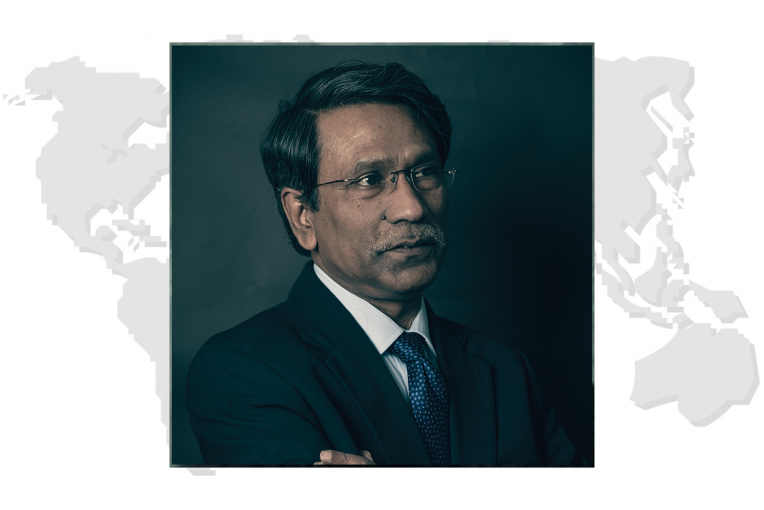Distinguished Professor Ali Riaz has published a commentary in the New Atlanticist of the Atlantic Council on the future pathways of Bangladeshi politics. The commentary presents scenarios for the coming months as the country is heading for a contentious election.
The country’s Election Commission (EC) announced the election schedule with January 7, 2024, as the polling day, ignoring the demand of the opposition to install a neutral government to oversee the election. The opposition parties have enforced general strikes and blockades since October 25, after the law enforcement agencies forcibly dispersed an opposition rally and arrested thousands of leaders and activists. The ruling Bangladesh Awami League (BAL) is going ahead with the election under Sheikh Hasina, who is in power since 2009 and previously held two controversial elections.
Dr. Riaz presents two possible scenarios for the coming days, one where there are three pathways toward the election taking place under the present government. The second scenario is where the opposition succeeds in creating pressure on the government through street agitations and popular mobilization. Riaz noted that one of the three pathways to have a mediated solution to hold a free, fair, and inclusive election is the robust role of the international community, particularly the United States. The U.S. repeatedly insisted that it wants an inclusive election and implemented a visa policy to support democratic election.
Riaz also published another commentary on the election schedule in The Daily Star describing it as an “improbable act” underscoring that the current political environment is not conducive to holding an inclusive election. He writes that the “EC’s various moves, including the announcement of the schedule, are opposite to the promises made in September 2022 in the EC’s roadmap. The 14 challenges outlined in the document included building trust in the EC and ensuring neutrality of the local administration.” None have been achieved to date, he writes.

